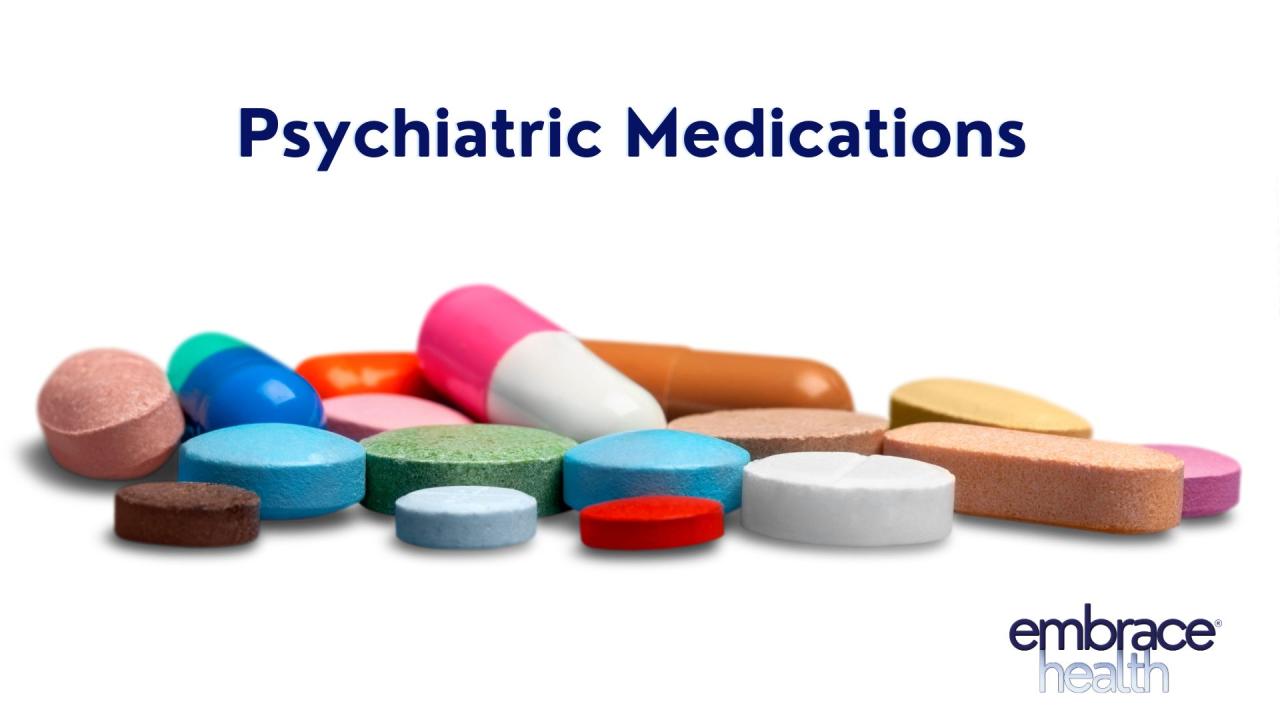
In the vast expanse of mental health care, medications stand as a lighthouse, guiding those battling mental health disorders towards the shores of stability and well-being. The journey through mental health challenges is deeply personal and complex, with medications playing a critical role for many. This article delves into the world of mental health medications, aiming to demystify their use, address common concerns, and empower individuals with knowledge.
The Role of Medications in Mental Health Care
Mental health medications are prescribed to treat a wide range of conditions, including depression, anxiety, bipolar disorder, schizophrenia, and ADHD, among others. These medications can help manage symptoms, improve quality of life, and enable individuals to engage more effectively in psychotherapy. However, it’s important to recognize that medication is often most effective when part of a comprehensive treatment plan that includes therapy, lifestyle changes, and support.
Types of Mental Health Medications
Antidepressants
Antidepressants are commonly used to treat depression, but they can also be effective for anxiety, panic disorders, and certain types of chronic pain. These medications work by altering the balance of neurotransmitters in the brain, such as serotonin and norepinephrine, which can affect mood and emotional state.
Antipsychotics
Antipsychotic medications are primarily used to manage psychosis, a condition characterized by a loss of contact with reality. They are also used in the treatment of bipolar disorder, schizophrenia, and as an adjunct in major depressive disorder when symptoms are severe.
Mood Stabilizers
Mood stabilizers are primarily used to treat bipolar disorder, helping to prevent the extreme highs (mania) and lows (depression) associated with the condition. They can also be beneficial in managing mood swings and other mood disorders.
Anxiolytics
Anxiolytics, including benzodiazepines, are prescribed for short-term management of severe anxiety. While effective, they have a potential for dependency and are usually prescribed with caution.
Stimulants
Stimulant medications are most commonly prescribed for attention deficit hyperactivity disorder (ADHD). They help improve attention, focus, and self-control by increasing the levels of certain neurotransmitters in the brain.
Navigating Side Effects and Concerns
A major aspect of the journey with mental health medications is managing side effects. These can range from mild (such as dry mouth or slight dizziness) to more significant impacts on weight, sleep, or even cognitive functions. It’s crucial to maintain open communication with your healthcare provider, who can adjust dosages, change medications, or suggest strategies to mitigate side effects.
The Stigma and the Reality
Despite their benefits, mental health medications often carry a stigma, fueled by misconceptions about dependence or the belief that taking medication is a sign of weakness. The truth is, using medication for mental health is no different from using medication to treat any other chronic condition—it’s a tool, not a crutch, and signifies strength and commitment to one’s health.
Making Informed Decisions
Choosing to start or adjust a medication should always be done in consultation with a healthcare provider, ideally a psychiatrist or a primary care doctor with experience in treating mental health conditions. It’s important to discuss all concerns, explore all options, and ensure a clear understanding of the expected outcomes, potential side effects, and the timeline for assessing effectiveness.
Empowerment Through Education
Educating oneself about mental health conditions and the medications used to treat them can be empowering. It enables informed discussions with healthcare providers, reduces stigma, and fosters a sense of control over one’s treatment journey.
In Conclusion
Mental health medications are a vital tool in the treatment of mental health disorders, offering hope and a path to stability for many. By approaching medication with an informed, open, and proactive mindset, individuals can navigate the complexities of mental health care with confidence and dignity. The journey through mental health challenges is uniquely personal, but understanding and empowerment are universal beacons that can guide the way.
